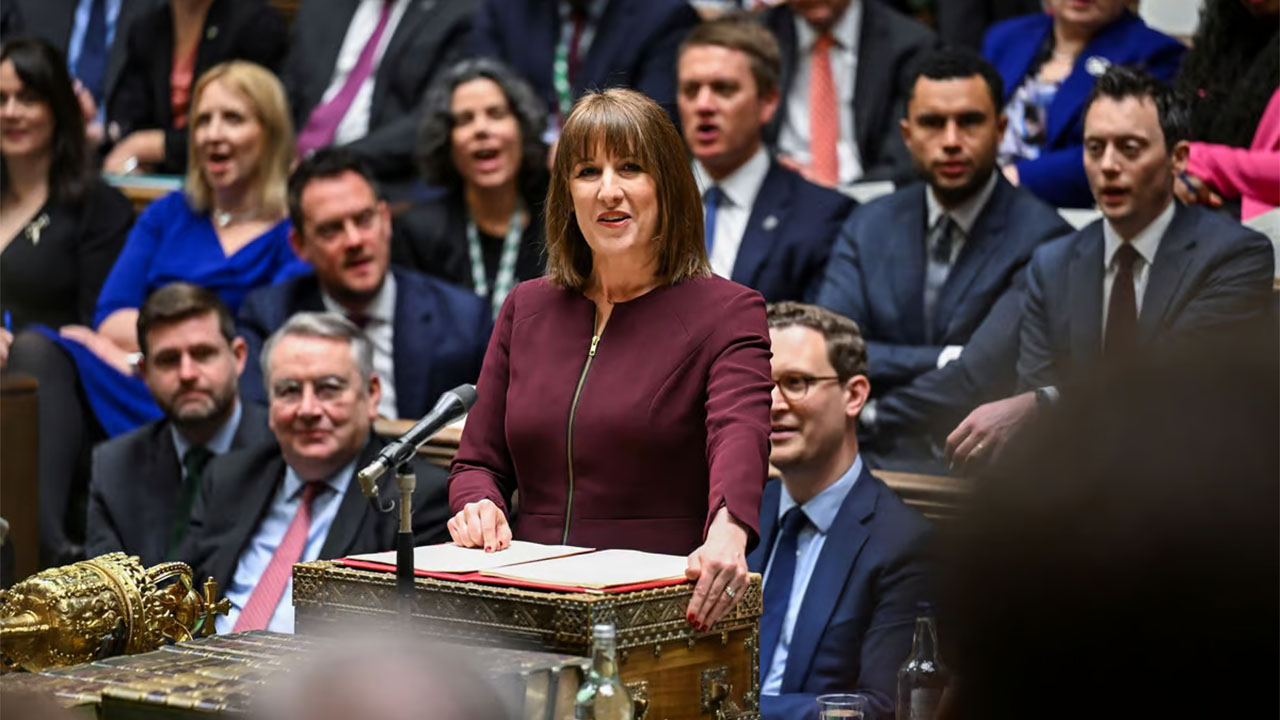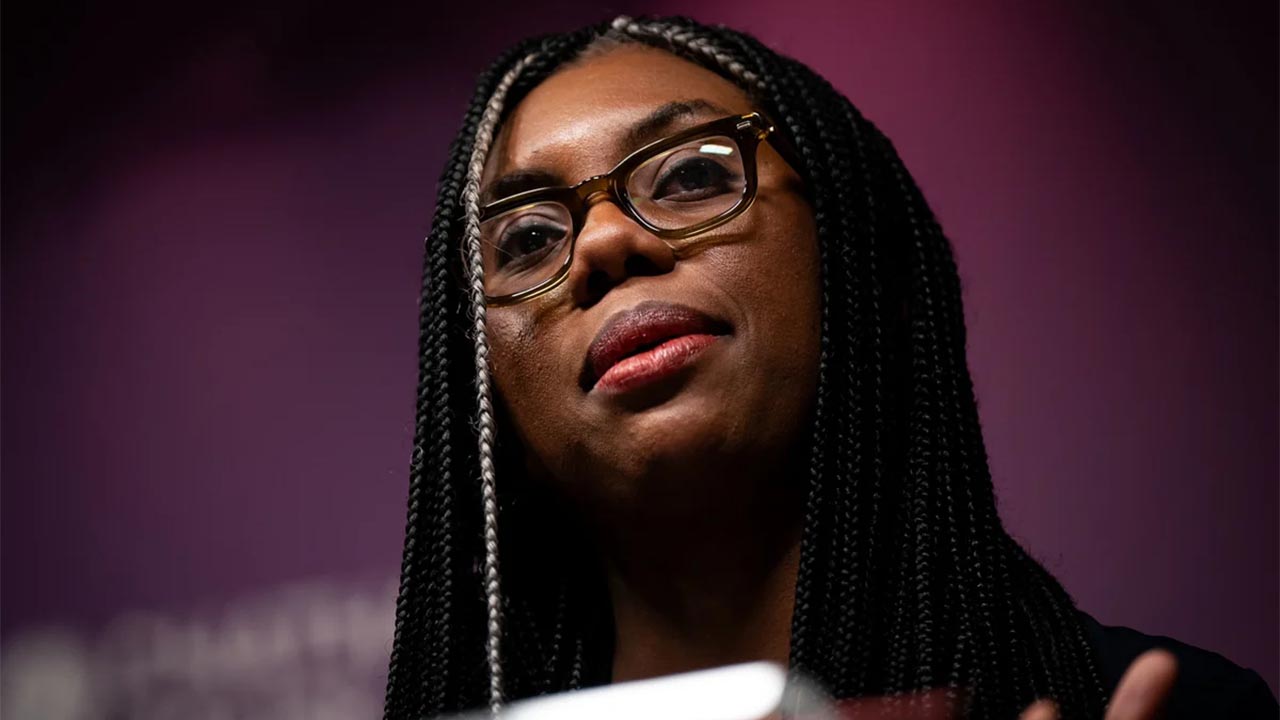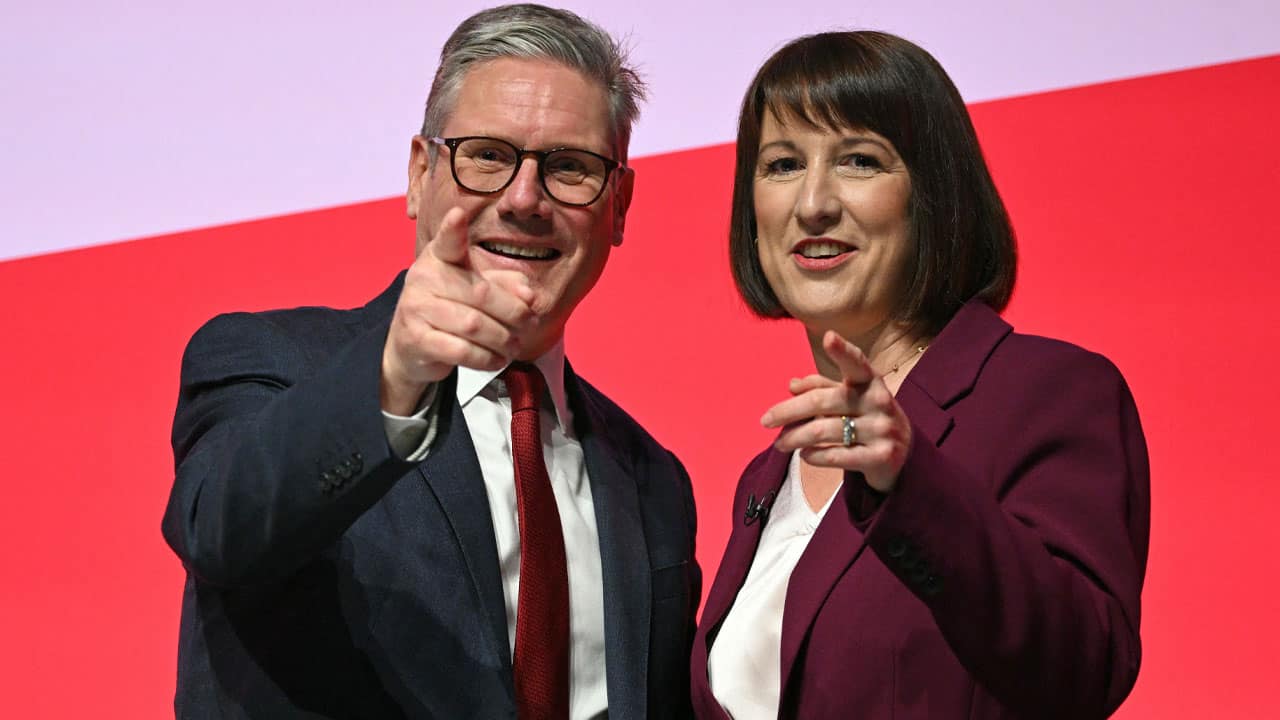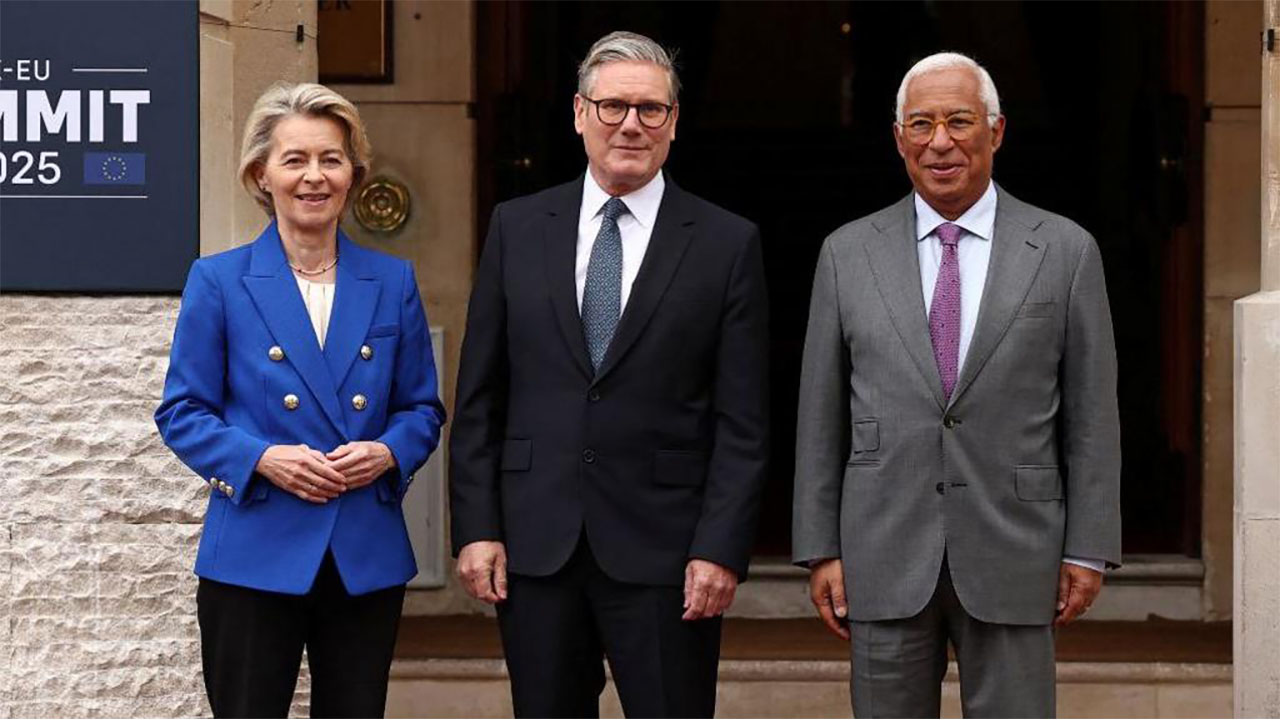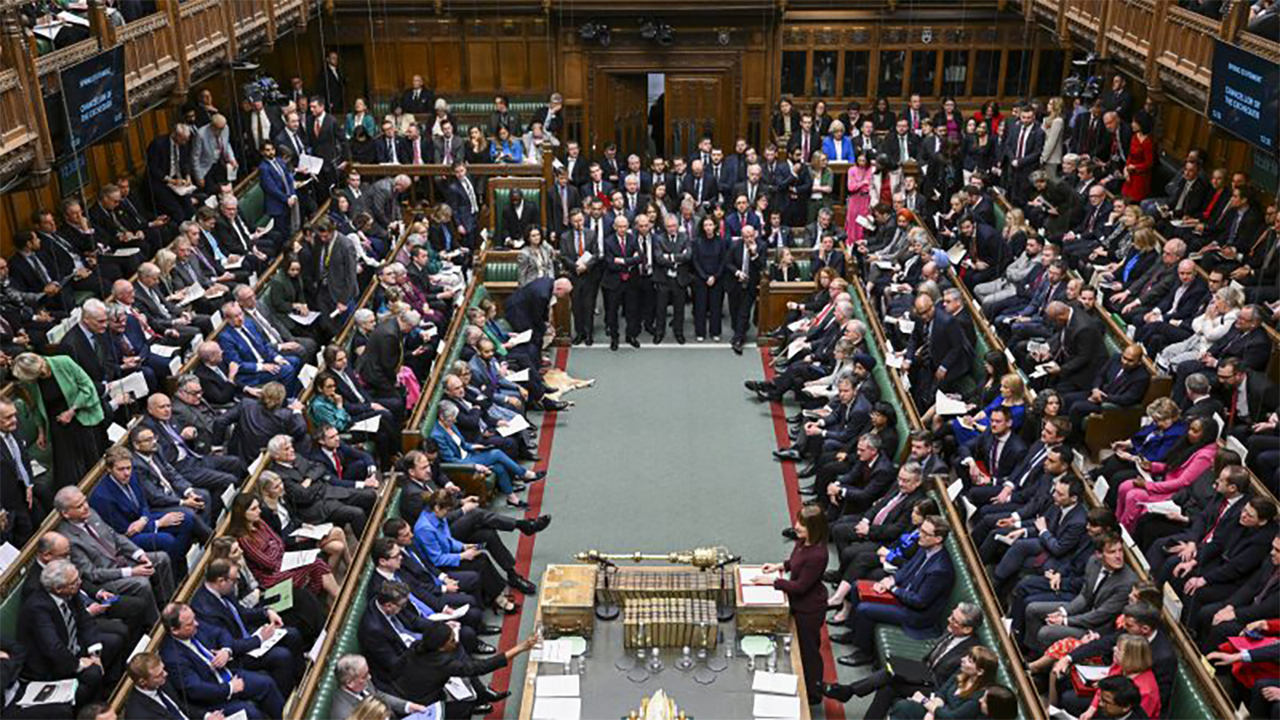Reform UK’s annual conference in Birmingham last weekend was not short of spectacle. Depending on where you sat, it was either a chaotic carnival of conspiracy theories, karaoke and grievance politics, or the early stirrings of a populist movement that is beginning to unsettle the foundations of Westminster. Both readings, in truth, are correct.
The surreal moments were plentiful. Andrea Jenkyns, the Greater Lincolnshire mayor who defected from the Conservatives, belted out a self-penned ballad, ‘I’m an Insomniac’, to a bemused crowd, earning applause that seemed equal parts loyal and ironic. An anti-vaccination activist took to the stage to claim that COVID jabs had given the royal family cancer — a claim without scientific merit, but greeted with some cheers, nonetheless. Deputy leader Richard Tice abandoned many of the party’s overly ambitious economic pledges. The hall expressed its approval, even if the acknowledgement by Tice underscored Reform’s reputation for preferring stunts to substance.
Elsewhere, Lucy Connolly, recently convicted of inciting violence, was introduced like a returning hero, presented as a victim of establishment censorship rather than someone condemned by the courts. Let me remind you that, at the height of The Southport Riots last year, this Reform martyr posted on X: “Mass deportations now, set fire to all the fucking hotels full of the bastards for all I care” – those ‘bastards’ included many woman and children, of course, but, hey-Ho, free speech and all that!
Nadine Dorries, long derided as a liability by Tory colleagues, was unveiled as Reform’s latest recruit, her arrival hailed as a “coup” by party strategists who believe her notoriety is an asset. And in perhaps the strangest episode of the weekend, aides had to dissuade one Reform MP from taking to the stage dressed in a turquoise burka, in what was described as an attempt at “satire.”
Taken together, these vignettes painted a picture of a party veering towards pantomime. Yet it would be a mistake to dismiss Reform as little more than a travelling circus.
Farage: Still the Star
At the heart of the movement remains Nigel Farage. His speech was the only moment of the weekend that drew much praise inside and outside the hall. A consummate communicator, Farage has lost none of his ability to command attention, tapping into grievances over immigration, taxation and political inertia with a fluency his rival’s envy, and, on this occasion, taking advantage of governments latest travails and the resignation of Deputy prime minister Angela Rayner.
Polls continue to show him as one of the most recognisable and — crucially — trusted political figures among disillusioned voters. Where Labour leader Keir Starmer is seen as managerial, and Kemi Badenock as distant, Farage is heard as plain-spoken, unvarnished and entertaining. That combination, sharpened by decades of media experience, makes him a potent force.
A Growing Audience
The party’s rise in the polls has been unmistakable. Recent surveys place Reform in first place with 30% plus.
The conference turnout reflected that momentum: not just the loyal UKIP-era faithful, but younger voters, former Conservative activists, and even some Labour deserters, drawn less by ideology than by frustration.
Talk in the corridors of this conference last year was not of winning power outright, but of holding the balance — of becoming the pressure group in Parliament that bends the agenda on immigration, law and order, and economic sovereignty.
That is the least of Reform’s ambitions now. They are preparing for government, having seen off the Tory threat, and overtaken Labour in the polls.
Populism’s Double Edge
Still, the contradictions are glaring. For every moment of populist energy, there was a sideshow that undercut it. A movement that wants to be taken seriously on the economy cannot forever rely on shredding policy pledges for applause. A party that claims to champion “common sense” risks ridicule when conspiracy theorists are welcomed onto the main stage.
Yet it is precisely this blend of spectacle and anger that fuels Reform’s momentum. Supporters don’t see karaoke or flamboyant stunts as signs of unseriousness. They see them as authenticity — the kind of behaviour that proves Reform politicians are “real people,” not scripted robots in blue or red rosettes.
The Warning Shot
For the political establishment, that is the true lesson of Birmingham. Reform’s carnival atmosphere is easy to lampoon, and its contradictions easy to expose. But to treat the party as a joke would be to miss the deeper mood it is riding. The rise of Reform is not about Andrea Jenkyns’ karaoke or Nadine Dorries’ latest reinvention. It is about millions of voters who no longer trust either of the main parties to deliver on their promises.
The Birmingham conference was part circus, part rally. It was chaotic, self-parodying and often bizarre. But it was also, in its own unruly way, a reminder: British politics is shifting, and the insurgents are knocking at the door again.
Top of Form
Bottom of Form



